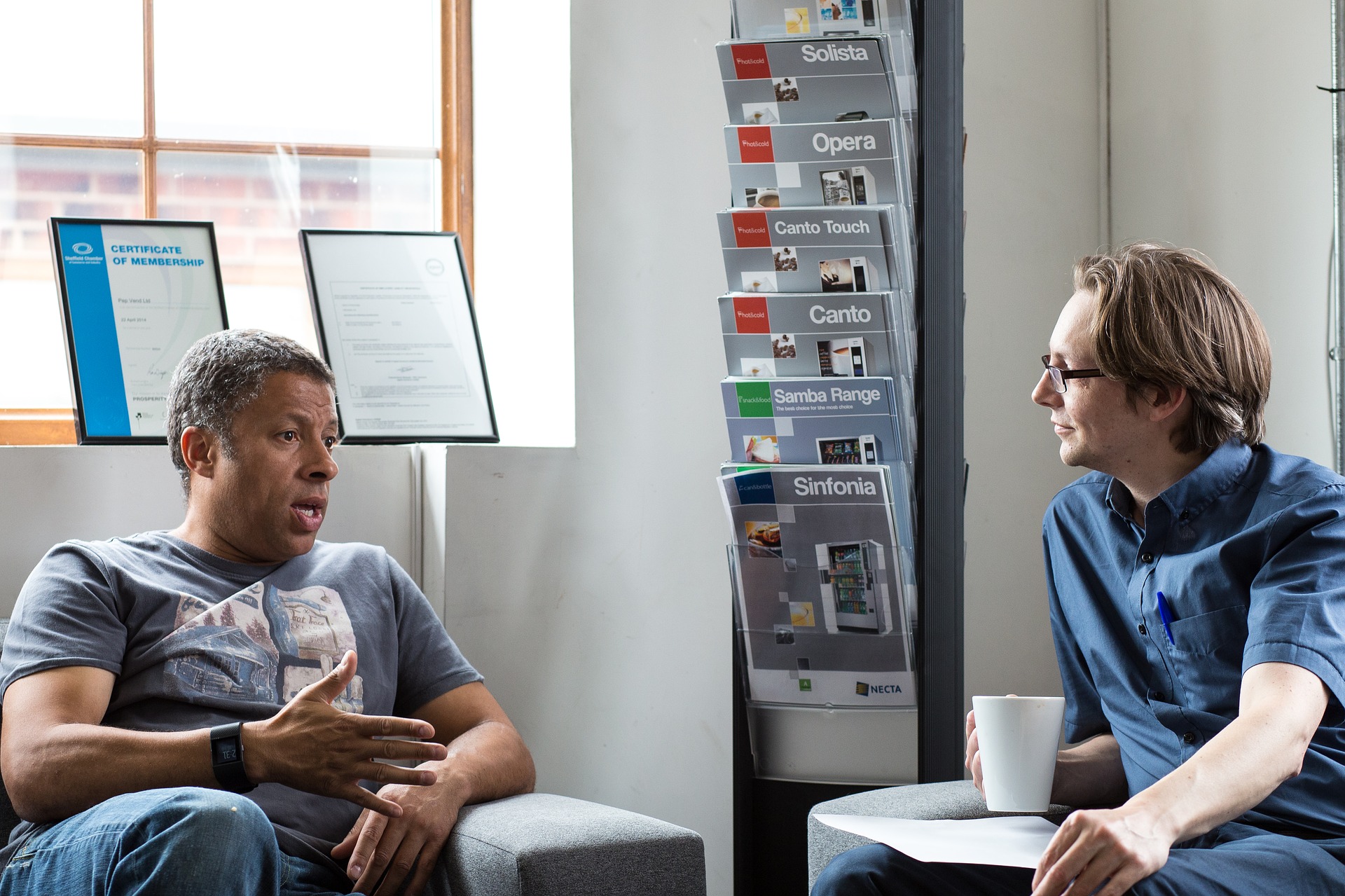Getting the Gift: Empathy, Identity and Philanthropy
Over the past year, I have been working with three nonprofit capital campaigns. One has launched, one was to be launched right when social distancing was enacted, and one that is still in the planning stages. My firm has a values-based team. We are strategic partners with all of our clients and welcome conversations with anyone facing challenges in getting gifts—especially at this time.
When most donors are stressed, what do we do about getting the gift?
I recently read an article published in the Journal of Consumer Psychology entitled, “Why do people give? The role of identity in giving.”
The article intrigued me. The research shows that identity is mutable from situation to situation. It sheds light on the complexity of the human mind; how various situations evoke different dimensions of our sense of self.
Cultivate Identity
What struck me also is that identity in giving can be associated with the cause the organization serves, the organization itself, or the social or affinity groups that form among those that donate.
Cultivating identity with the cause is solid ground. Identity with the organization is less sure as it can be shaken by change of leadership or differences in approach—or by scandal. And identity with a social or affinity group is very malleable and temporal—but may be very effective from moment to moment.
The best approach is to focus on cultivating identity with the cause, with the organization acting as the trusted agent. Identity with the cause, trust of the organization.
Identity with the social or affinity groups can be added on to boost giving if advantageous—but not as the core connection. I have seen instances where social or affinity groups have been placed in the lead… to the detriment of the longer-term philanthropy.
My trademark phrase is: People give to causes they believe in through organizations they trust. Since organizations are seen through the people who represent them, this means trust in those people as well.
Belief in the cause is often associated with empathy for the recipients of the programs, but that belief also can embody deeply held values about what is morally right or, in some cases, financially sound. Cultivating empathy with the cause is the strongest basis for significant giving. But it can be reinforced by attending to what the prospective donors believe is right and sound. Usually these two must be addressed because they are really important to the person’s rationale for giving.
Cultivate Donor Empathy vs Relationship Fundraising
Cultivating donor empathy is the heart of relationship fundraising. It differs significantly from behavioral science because behavioral science practices serve the solicitor first. It is about pushing emotional buttons that activate a gift response—usually out of guilt, obligation, or fear of consequences. But there is a cost. These feelings are antecedents to donor fatigue and recidivism.
By contrast, relationship fundraising attends to the prospective contributor first. It is about constructing the right relationship. It is not, first and foremost, about the gift officer getting the gift, it’s about developing a relationship that leads to substantial gifts because the prospective donor empathizes or identifies with the cause and trusts the organization to deliver.
Relationship fundraising is also not about the gift officer, and it’s not even about a relationship with the gift officer. It’s not about chatting. And it’s not about making personal friendships—even though that is often a wonderful benefit. It’s about building a trusting relationship between the prospective donor and the organization. It’s about purposeful and meaningful conversations with an explicit goal of connecting the prospective donor with the organization.
This does not mean that every conversation has to be formal. It can be casual, but forefront in the gift officer’s mind should be the question: “How can I help people see that my organization can make their deepest held values real in the world; and that their philanthropy is an investment to make it happen.”
Gift officers must learn all they can about their prospective donors so they have a sound sense of what these folks think and feel before the first conversation, so they connect authentically in the moment. As one of my favorite gift officers says, “How can I know their ‘why?’ And through each conversation, how can I know it more deeply? When I know their ‘why,’ I know how to ask for the right gift for them that is also best for our organization.”
Relationship fundraising is about service. It is about being donor centered with an eye to the perfect marriage. A great gift officer is a talented matchmaker, stepping into the foreground to facilitate the courtship and then stepping back into the wings as the relationship takes flight—while ensuring that the organization does all the right things to sustain a happy marriage.
Even in these challenging times, we must not short-change relationship fundraising. We are not at the end of the world… we are at a fresh beginning with lots of promise ahead.

